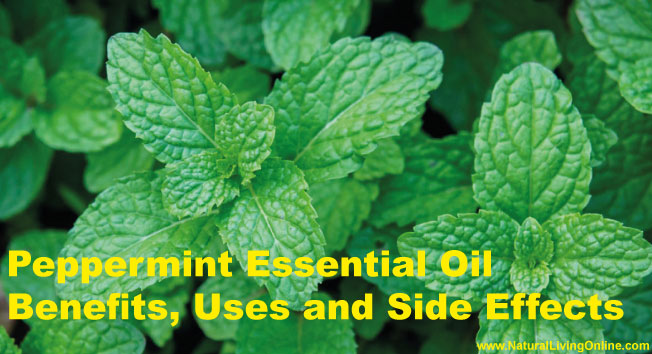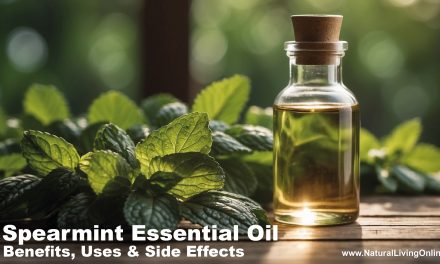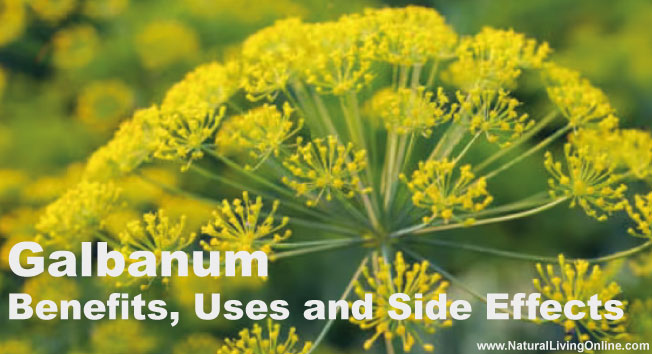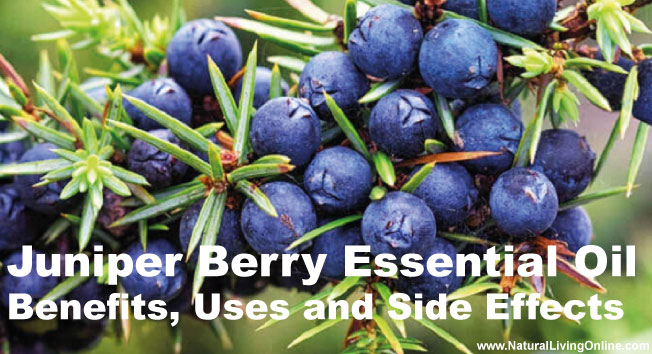Peppermint essential oil is one of the most popular and well-known oils in aromatherapy. It’s also a very versatile oil that can be used in a variety of ways for many different purposes. Peppermint has been around since ancient times when people would chew on fresh leaves for their breath freshening properties. Peppermint oil has been used by many cultures for a variety of purposes throughout history. In ancient Greece, it was referred to as the “oil of happiness” and hung inside homes in small bags to drive away evil spirits.
Today, Peppermint Essential Oil is most often consumed orally or added to bath water because it helps people relax and feel at ease both mentally and physically. It also provides a number of mental clarity benefits which makes it great for those who need an energy boost! Recently, studies have shown that certain compounds found in this oil may help with weight loss if ingested on a daily basis so keep this information in mind when making your future purchasing decisions!
Essential Oil Profile / Monograph
Botanical Name: Mentha piperita
Common Names: Peppermint, Brandy Mint, Lamb Mint
Plant Family: Lamiaceae
Countries of origin: United States, India, China
Extraction Method: Steam distillation
Parts Used: Leaves
Absolute smell: Sharp, minty with a hint of sweetness
Absolute Color: Clear
Viscosity: Thin
Perfumery Note: Top
Strength of Aroma: Strong
Blends Well With: Eucalyptus, Rosemary, Lavender, Bergamot, Lemon
Therapeutic Properties: Analgesic, anesthetic, anti-inflammatory, antispasmodic, astringent, carminative, decongestant, deodorant, digestive, expectorant, febrifuge, hepatic, nervine, stimulant (circulatory), stomachic
Uses: Aromatherapy, diffuser blends, massage oils, vaporizer
Contraindications: Avoid during pregnancy. Not for children under the age of six.
Side Effects: May cause skin irritation in some individuals. Use with caution on sensitive skin.
Types: Pure essential oil, CO₂ extract, Absolute
Chemical Constituents: Menthol (30-50%), Menthone (20-30%), Menthyl acetate (0-20%), Menthofuran (0-15%)
Uses
It can be used as a fragrance or to make products like soap and shampoo smell more pleasant. It’s also commonly mixed with coconut oil for an all-natural bug spray that you can use on your skin without any harmful chemicals! Peppermint is great at masking unpleasant odors so adding it to homemade cleaners may help them work even better than usual, giving off a wonderful scent in the process. Peppermint has been shown to have many benefits when taken orally.
One of the most popular peppermint essential oil benefits is that it can help with digestion. When taken regularly, peppermint oil can help relieve symptoms like gas, bloating and stomach cramps. It also helps to calm the stomach and intestines after eating which makes it a great choice for those who often experience nausea or other digestive issues.
It has also been shown to be helpful in treating headaches, sinus infections and colds when taken either orally or inhaled. The menthol present in peppermint oil helps to clear congestion and provide relief from pain. In fact, many people find that using peppermint oil is more effective than traditional medications for these issues!
“Peppermint essential oil inhalation has beneficial effects on reducing nausea and vomiting after open-heart surgery. Using peppermint oil inhalation for managing postoperative nausea and vomiting is recommended.” According to a clinical trial study conducted on 60 cardiac surgery patients.
Peppermint essential oils benefits for skin include, reducing inflammation, acne, redness, and irritation. It can also be used to soothe sunburns, relieve itchiness from bug bites, and as a general skin toner and astringent.
Peppermint essential oil for hair can be used to reduce dandruff, stimulate hair growth, prevent lice, and condition the scalp. To use add a few drops of essential oil to your shampoo or conditioner, or massage it directly into your scalp. You can also add a few drops to a carrier oil like jojoba or coconut oil, and then massage it into your scalp. Leave it on for a few minutes before rinsing it out. For best results, use it at least once a week.
Side Effects
Peppermint essential oil can be used on its own or mixed with other oils to create a variety of recipes and products which makes it an incredibly versatile substance! However, there are some side effects that you should keep in mind before using this product so make sure to read the information below carefully. In general, people have found that taking peppermint orally helps them feel more energized without experiencing any negative symptoms but if taken by children who suffer from anxiety or seizures, peppermint may potentially cause issues like restlessness and increased agitation.
Parents of young children should also avoid giving their kids anything made with peppermint oil because even small doses could prove dangerous for infants under six months old! If you’re pregnant or breastfeeding, you should also avoid taking peppermint oil orally as it could potentially cause uterine contractions.
When used topically, some people may experience a skin rash or burning sensation but this is usually only temporary and goes away once they stop using the product. Overall, peppermint essential oil is a great choice for those looking for an all-natural way to improve their overall health and well-being! Try adding it to your daily routine and see how you feel after just a few weeks of use!
Diffuser Blends
Peppermint and Lavender – This combination is great for relaxation and can be helpful in treating anxiety or insomnia.
Peppermint and Lemon – This blend is perfect for a pick-me-up when you’re feeling tired or sluggish. It’s also great for concentration and focus.
Peppermint and Orange – This blend is refreshing and uplifting. It’s perfect for when you need an energy boost or a mood booster.
Peppermint and Rosemary – This combination is invigorating and stimulating. It can help to improve concentration and memory retention.
Peppermint and Tea Tree – This blend is purifying and cleansing. It can help to clear congestion and sinus infections.
Peppermint and Eucalyptus – This combination is perfect for when you’re feeling under the weather. It can help to relieve cold symptoms and clear congestion.
Peppermint and Ginger – This blend is great for nausea and upset stomachs. It can also help to relieve pain from headaches or menstrual cramps. try one (or all!) of these diffuser blends the next time you need a little boost!
DIY Recipes
Sugar Scrub – This scrub is perfect for exfoliating and invigorating the skin. It’s also great for improving circulation.
Instructions: Combine ½ cup sugar, ¼ cup olive oil, and 20 drops of peppermint oil in a bowl. Stir until everything is combined and then transfer to a jar.
Lip Balm – This lip balm is hydrating and nourishing for the lips. It’s also great for cold sores or chapped lips.
Instructions: Combine ¼ cup coconut oil, ¼ cup beeswax, and 20 drops of peppermint oil in a bowl. Stir until everything is combined and then transfer to a lip balm container.
Body Butter – This body butter is perfect for moisturizing the skin. It’s also great for relieving muscle aches and pains.
Instructions: Combine ¼ cup shea butter, ¼ cup coconut oil, and 20 drops of peppermint oil in a bowl. Stir until everything is combined and then transfer to a container.
Foot Soak – This foot soak is perfect for tired, achy feet. It’s also great for soothing foot pain and reducing inflammation.
Instructions: Combine ½ cup Epsom salt, ¼ cup baking soda, and 20 drops of peppermint oil in a bowl. Stir until everything is combined and then transfer to a container.
Room Spray – This room spray is perfect for refreshing any space. It’s also great for masking any unwanted odors.
Instructions: Combine ¼ cup water, ¼ cup witch hazel, and 20 drops of peppermint oil in a bowl. Stir until everything is combined and then transfer to a spray bottle.
Frequently Asked Questions
Who should not use peppermint oil?
Peppermint oil should not be used by people with gastroesophageal reflux disease (GERD) or other gastrointestinal disorders. It should also be avoided by people with heartburn, hiatal hernia, or any other condition that affects the lower esophageal sphincter.
Does peppermint oil interact with any medicine?
Peppermint oil may interact with certain medications, such as those used to treat heart conditions and high blood pressure. If you are taking any medications, please consult your doctor before using peppermint oil.
Can you use peppermint oil everyday?
Yes, you can use peppermint oil every day. Just be sure to start with a lower dose and increase gradually as needed.
Is it OK to breathe in peppermint oil?
Yes, it is safe to inhale peppermint oil. In fact, many people find that it helps to clear congestion and relieve cold symptoms.
How much peppermint oil daily is safe?
The safe limit for peppermint oil is typically no more than two or three drops per day. However, it is always best to start with a lower dose and increase gradually as needed.
Does peppermint oil raise blood pressure?
No, peppermint oil does not raise blood pressure. In fact, it may even help to lower blood pressure. If you take blood pressure medicine, please consult with your doctor before ingesting peppermint oil.
Does peppermint oil repel insects?
Yes, peppermint oil can be used as an insecticide. To use it, simply add a few drops of oil to a cotton ball and place it in areas where you think insects are entering your home. You can also add a few drops to a diffuser to help keep insects away.
Can I directly use Peppermint oil on skin?
Yes, you can use peppermint oil on your skin. Just be sure to dilute it with a carrier oil, such as jojoba or coconut oil, first.
Is peppermint oil good for hair?
Peppermint oil is good for both the scalp and hair. It can help to reduce dandruff, stimulate hair growth, and condition the scalp. To use it, add a few drops of essential oil to your shampoo or conditioner, or massage it directly into your scalp. You can also add a few drops to a carrier oil like jojoba or coconut oil, and then massage it into your scalp. Leave it on for a few minutes before rinsing it out. For best results, use it at least once a week.
Is peppermint oil safe for cats and dogs?
No, peppermint oil is not safe for cats and dogs. In fact, it can be toxic to them if ingested. If you think your pet has ingested peppermint oil, please call your veterinarian immediately.
References
Peppermint Oil Promotes Hair Growth without Toxic Signs
Peppermint & Peppermint Oil Profile
This website does not provide medical advice.
All information provided on this website, and on associated social media networks, including but not limited to texts, images, and numbers are for general information purpose only. It is not intended as medical advice and it does not include all possible precautions, side effects, or interactions that may occur. Neither NaturalLivingOnline.com nor its author/founder take responsibility for how you use this information. Statements contained on NaturalLivingOnline.com have not been evaluated by the FDA. You should conduct thorough research via multiple sources and consult your physician or qualified doctor before using any essential oil or herbal remedy. Information on NaturalLivingOnline.com must not be relied upon for medical, legal, financial or other decisions.













